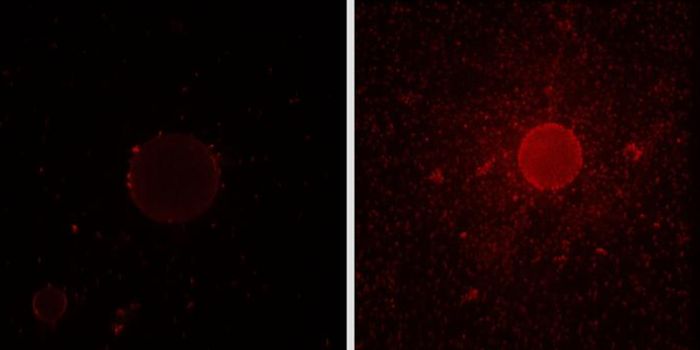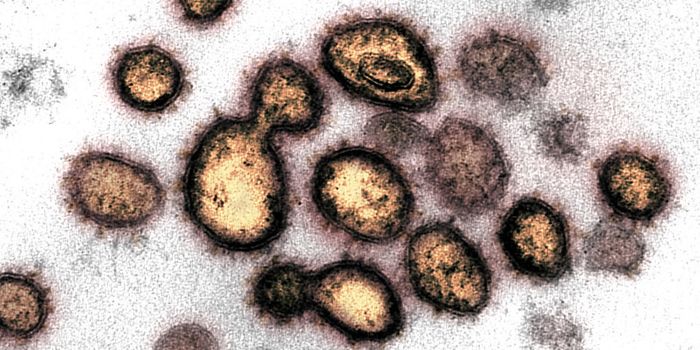What Allows Some Microbes to Live in the Gut?
The community of microbes living in our gastrointestinal tract, called the gut microbiome, has a huge impact on us (as outlined in the video). Researchers continue to learn more about all the ways this community influences our health, from our digestion to the immune system, even our brain function. There are tons of microbial cells, and even more microbial genes, affecting us; scientists want to target those genes to improve our well-being. Investigators also want to learn what enables a microbe to move through the extreme environment of the stomach to take up residence in the gut. Those are challenging research questions though because gut microbes have a lot of genes in common.
"Until now, this has not been an easy feat," noted Katherine Pollard, Ph.D., senior investigator, and director of the Gladstone Institute of Data Science and Biotechnology. "Most microbes in the gut have evolved from related species, so they share many common genes. It's difficult to single out the genes that actually influence a microbe's ability to survive in the gut environment."
A postdoctoral fellow in the Pollard lab, Patrick Bradley, has formulated a new way to identify microbial genes that help them live in the GI tract. A computational method combined with genetic sequencing tools has allowed researchers to catalog the genes in the gut microbiome. The team has found, however, that a look at the genes alone is not sufficient; one must take their shared ancestry into account.
Bradley applied a tool, phylogenetic linear modeling, to genomics (it’s normally used in ecological studies). "With this method, we use information from an evolutionary tree that maps out the historical relationship between different species," explained Bradley. "We were the first to directly apply this method to metagenomics data, which comes from the collective genetic material from the microbes present in the human body."
After an analysis of data from hundreds of people, the researchers found genes common to the gut. They learned which microbial genes are found more often in the gut, and hypothesized that those genes allow microbes to live in extreme environments. They also used their method to compare healthy individuals to people with an illness.
"In Crohn's disease, some bacteria with anti-inflammatory properties seem to be depleted," said Bradley. "If we can identify genes that improve gut colonization specifically in people with Crohn's, then down the road, we could potentially help treat patients by engineering new versions of these anti-inflammatory bacteria that would survive better in that environment."
This work may help improve therapeutics that manipulate the microbiome.
"If we want to target individual microbial genes, we first need to understand the role they play in colonizing the gut," said Pollard, who is also a professor at UCSF and a Chan Zuckerberg Biohub investigator. "This could yield opportunities to design better probiotics or prevent invasion of the gut by harmful pathogens like C. difficile."
"Our study shows that by using methods that account for the evolutionary relationship between microbes, we can predict genes that might be important in a particular environment with much greater accuracy than standard models allow," added Bradley. "Our hope is that other scientists will realize they can get so much more out of the data they already have by using our approach."
Sources: AAAS/Eurekalert! Via Gladstone Institutes, PLOS Computational Biology








